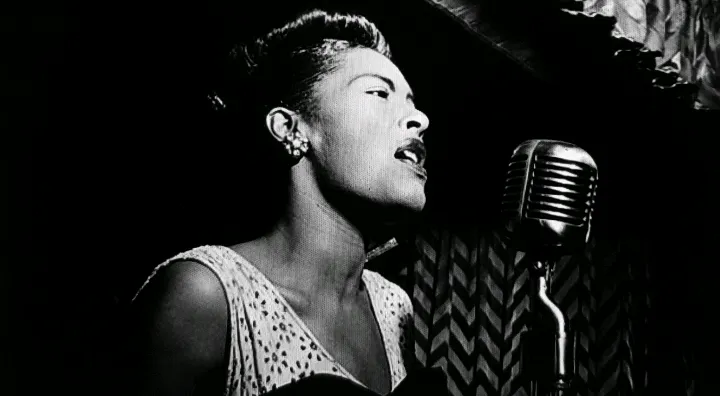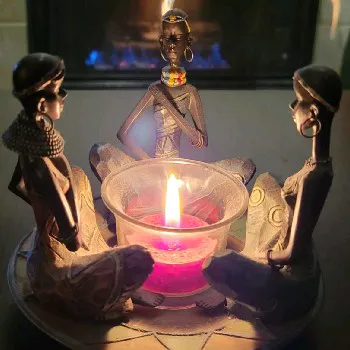Lady Sings the Blues
In the bustling streets of Harlem during the vibrant era of the Harlem Renaissance, a young woman named Billie found her voice amidst the chaos. Inspired by the soulful melodies of the jazz clubs that had become the heartbeat of the neighborhood, she knew she was destined to be a part of this musical revolution.
Billie with her mesmerizing vocals and raw talent, was soon discovered by a renowned jazz pianist named Marcus. Impressed by her unique sound and passion for music, he offered her a chance to perform at "The Blue Note," one of the most prestigious jazz clubs in Harlem.
As Billie stepped onto the stage for the...
Billie with her mesmerizing vocals and raw talent, was soon discovered by a renowned jazz pianist named Marcus. Impressed by her unique sound and passion for music, he offered her a chance to perform at "The Blue Note," one of the most prestigious jazz clubs in Harlem.
As Billie stepped onto the stage for the...




